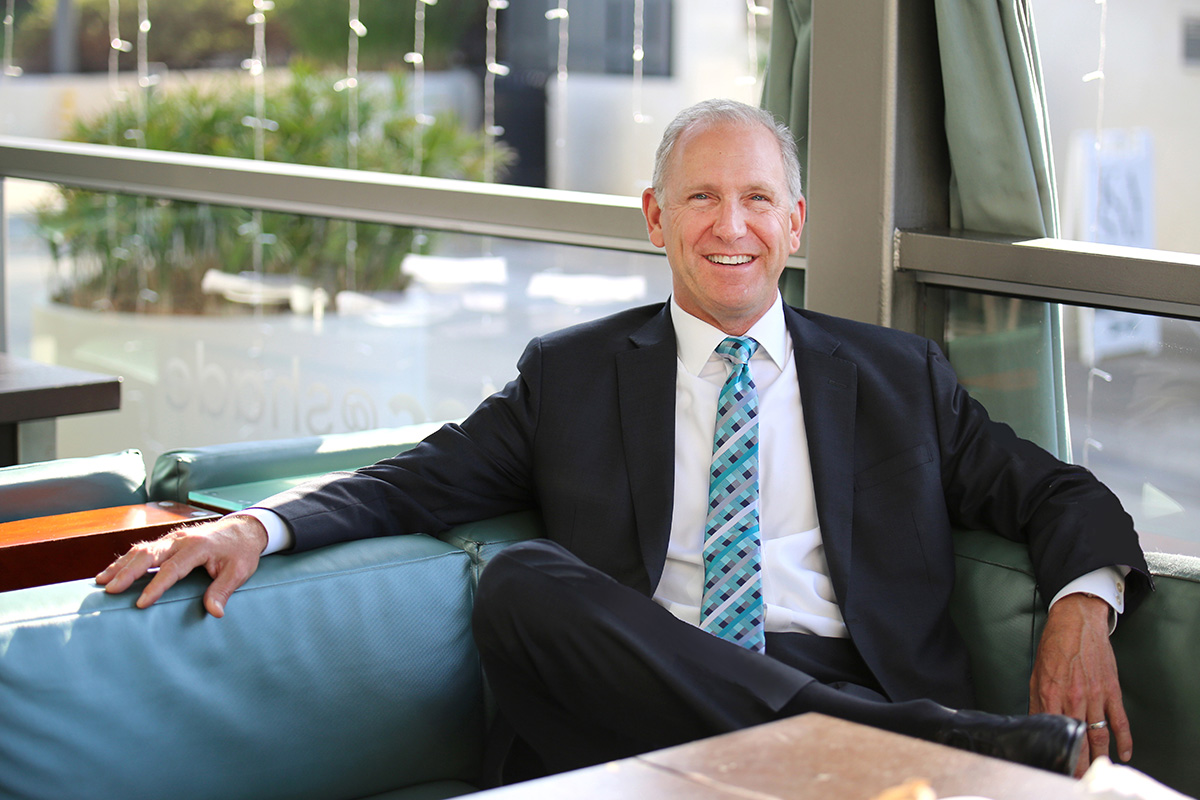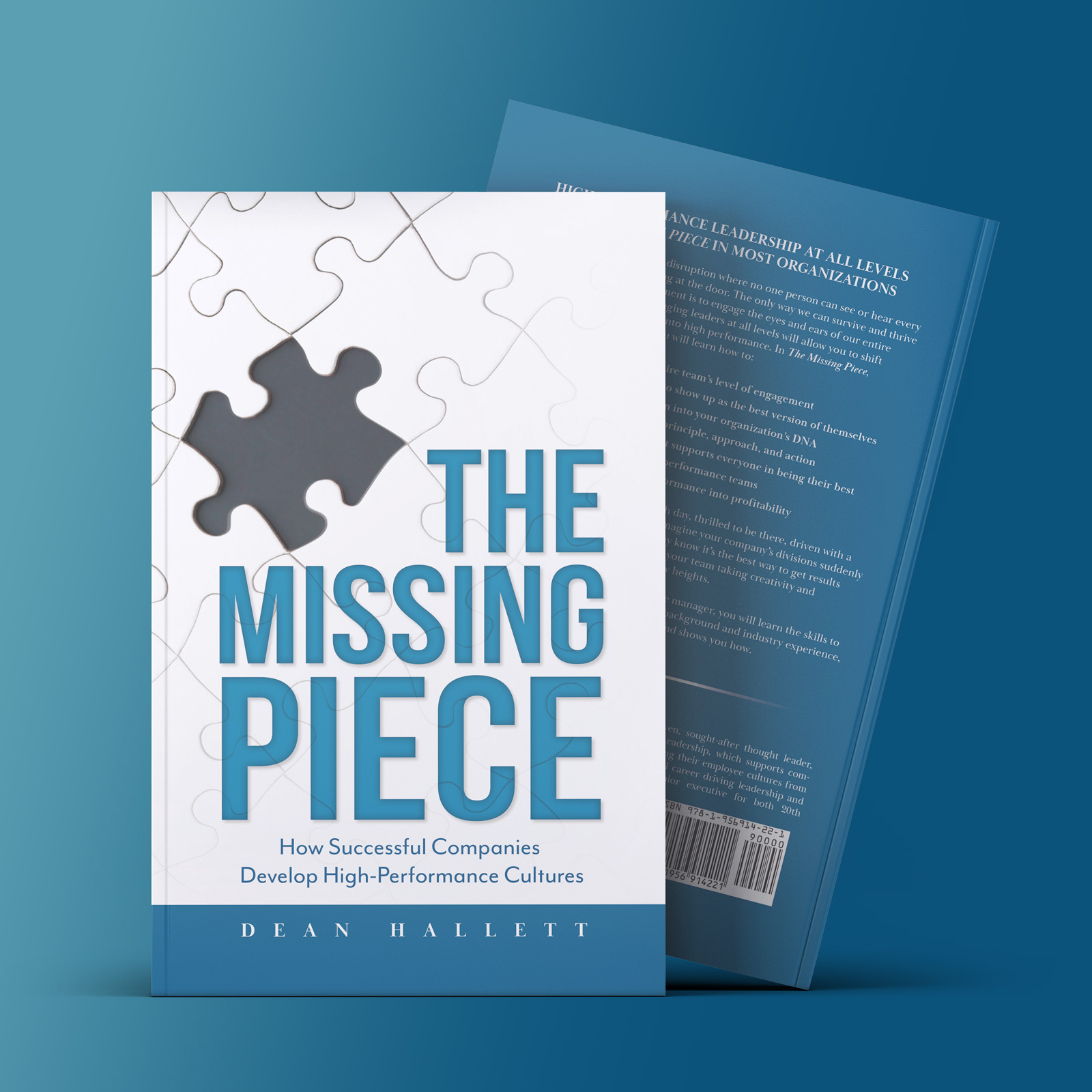Are we unconsciously doing our colleagues a disservice?
So many of us want to avoid conflict. It’s only natural, as most people I know are truly caring and compassionate. Why on earth would we want to impose ourselves on others by providing feedback and causing discomfort? Why would we want to hurt their feelings? And why would we ever want to subject ourselves to blowback from others that might possibly outright reject what we have to say. Why shouldn’t we just avoid all that conflict and keep ourselves safe?
The answer is, “because your organization’s health likely depends on it!” Organizations are only as good as their people, and feedback is one of the least expensive, most effective management tools available. If certain behaviors or actions are getting in the way of peak performance, and no one is providing feedback to address the issues, then the team is holding the organization back. And the longer the behaviors and actions are in the way, the greater the drama when the dam ultimately bursts.
So, how do we get over this hurdle?
We need to change our perspective. Most individuals that withhold feedback claim they are doing so to spare other individuals’ feelings. However, in reality, the withholders are actually protecting themselves from potential conflict. But at what cost?
In the Johari Window Model, one of the quadrants refers to our blind spots. We all have blind spots. We can only push through them if we are aware of them. What faster way to become aware of blind spots than to have others point them out? If we don’t point out blind spots, we are doing a disservice to the individual and to the organization. When we provide constructive input to others in a trusting environment, we promote an open, collaborative culture, encouraging everyone to be better. Such a culture leads to high performance leaders at all levels, which in turn leads to a high performance organization – The Missing Piece I referred to in my last post.
Here is a real world example…
In one installment of my Accelerated Leadership Program (ALP), we had an amazing contributor. Let’s call her Amanda. Amanda was full of creative and innovative solutions for so many of our company challenges. However, she also broadcast that she had more life experience and therefore less to gain from the ALP program. In conveying this message, Amanda was actually broadcasting to others that they “needed” the program more than she did. Amanda didn’t realize she was isolating herself from the group, and creating a perception that she was distant and arrogant.
A few months later, I led an exercise intended to promote feedback. During the exercise, Amanda heard loud and clear that she had distanced herself and that others did not feel she was part of the “team.”
Were Amanda’s feelings hurt when she received this feedback? Absolutely! But not simply due to the nature of the feedback she received. Amanda was actually more hurt because she felt blindsided. She had worked with the other participants for months solving business issues and felt she had built good relationships. So when the feedback came, she felt the group had been dishonest with her all those months. She also felt ripped off. Here she was in a program established to accelerate the leadership skills of its participants, and no one had shared this constructive feedback with her. I recall her reaction vividly, “Why on earth would you wait five months to tell me! I could have been working on improving [the blind spot] all this time!”
Do people really want to hear our feedback?
I am not saying that receiving feedback is always a pleasant experience. Sometimes the input is hard to hear. It is important to emphasize that the feedback is not personal – it’s not a statement of who I am. It is just one person’s perception of me at a give moment. The feedback may not even be accurate (or may be tainted by someone else’s filters and belief systems). However, if several people have the same feedback, I might look at how I’m creating such a perception.
In the end, hearing the feedback was transformational for Amanda. Literally two weeks after the exercise her boss came to me and said, “I don’t know what you did with her, but she is an entirely different person. She is amazing, and everyone wants to work with her.” The feedback to Amanda, once she recovered from the noise around it, truly was a gift!
Feedback should be real, timely, honest, empathetic, and aimed at mutual growth. When it is, the recipient is likely going to be far more receptive to it, and far less resentful. When feedback is provided on a real-time, ongoing basis, it can actually keep communication open, and help cultivate positive outcomes proactively. When we withhold our feedback, it is a disservice that not only hinders participants from improving their blind spots, but also leads to distrust within the overall team and organization.
So, the next time you believe you might spare someone’s feelings by withholding valuable feedback, stop for a moment and ask yourself if you are doing that person a disservice. Look for a way to provide feedback effectively in order that the recipient might see things more clearly, and you can become a catalyst for building high performance leaders and a high performance organization.
Contact Hallett Leadership or subscribe here for more insights on accelerating leadership.





